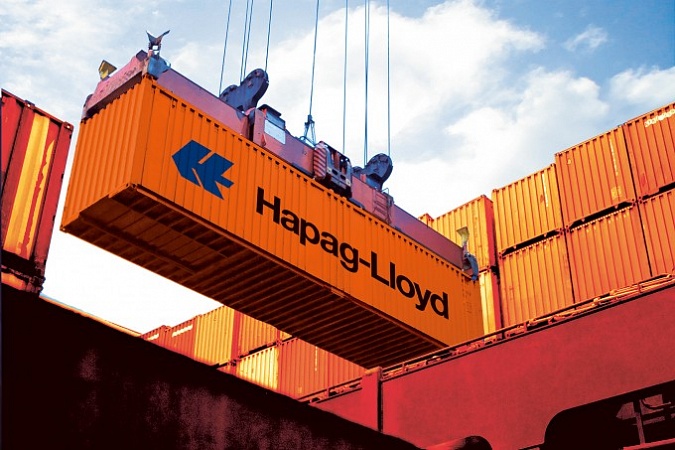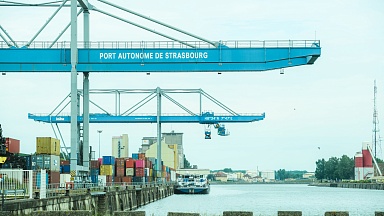The latest to land on the desks of embattled transpacific shippers is Hapag-Lloyd’s ‘value-added surcharge’ of $5,000 per 40ft, ex China to the US and Canada.
The carrier told customers this was due to «extraordinary demand from China and the resulting operational challenges along the transport chain».
Hapag-Lloyd said the surcharge would be implemented from 15 August and would «replace other ad-hoc surcharges like the SGF» (shipment guarantee fee), which according to The Loadstar’s records is $1,000 per 40ft on the trade.
«It’s outrageous, of course,» said one European NVOCC contact. «But in fairness to Hapag, at least they tell you. Other lines don’t and we only find out when we try to book, and then it’s a ‘take it or leave’ choice.»
Indeed, some carriers, including Zim, Cosco and ONE, are already charging Asia to US west coast shippers in excess of $7,000 per 40ft for so-called value-added products, on top of their FAK rates.
Moreover, Jon Monroe, of US-based Jon Monroe Consulting, notes that the Israeli carrier is also implementing a $5,000 per 40ft congestion surcharge from 6 August for shipments to the US west coast ports of Los Angeles and Tacoma.
Meanwhile, today’s Freightos Baltic Index (FBX) for Asia to the US west coast actually fell by 8% on the week, to $5,796 per 40ft, but it is clear that in many cases shippers are paying at least double this figure to secure shipment, despite having signed MQC [minimum quantity commitment] contracts with shipping lines.
For Asia to North Europe, the FBX reading rose 7% this week, to $13,221 per 40ft, and several of the FBX’s other components for secondary trades saw big hikes as carriers redeployed capacity elsewhere.
Freightos research lead Judah Levine said the 30% spike in rates from Europe to the east coast of South America this week was «likely a result of capacity being diverted to the ex-Asia lanes».
The Loadstar has heard from shippers that carriers across a growing number of tradelanes are now ignoring contracts and forcing shippers to accept their sky-high FAKs and hefty surcharges.
And there is growing concern that all but the biggest businesses will be unable to absorb or pass on to their customers these massive freight cost increases.
«It’s one thing to push smaller volumes and customers off to the spot market when it’s $1,000, or maybe $2,000, higher than the big BCO rate levels, but when it is $10,000, that has the real possibility of driving certain players out of business, and I think that is wrong,» said the forwarder contact.
Another UK-based forwarder said two of his clients had been obliged to start a redundancy process this week as they could no longer get the product to their business at a viable price.
«This madness has to stop,» he said, and added that the way that some shipping lines had treated their customers was «shameful».



